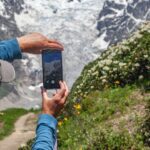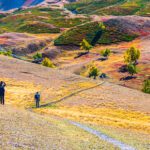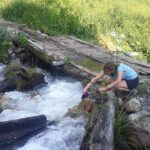- HOME
- ABOUT US
- DESTINATIONS
- GEORGIA
- Tourist Attractions
- Tours & Offers
- General Info
- Regions & Cities
- Adjaria | Region
- Batumi | City
- Guria | Region
- Imereti | Region
- Kakheti | Region
- Kazbegi | Region
- Khevsureti | Region
- Kutaisi | City
- Kvemo Kartli | Region
- Lechkhumi | Region
- Mtskheta | City
- Javakheti | Region
- Racha | Region
- Mingrelia | Region
- Svaneti | Region
- Shida Kartli | Region
- Tbilisi | Capital City
- Tusheti | Region
- Travel Infos & Tips
- ARMENIA
- AZERBAIJAN
- GEORGIA
- ALL TOURS
- SERVICES
- Calendar 2025
- Blog
- CONTACT


















